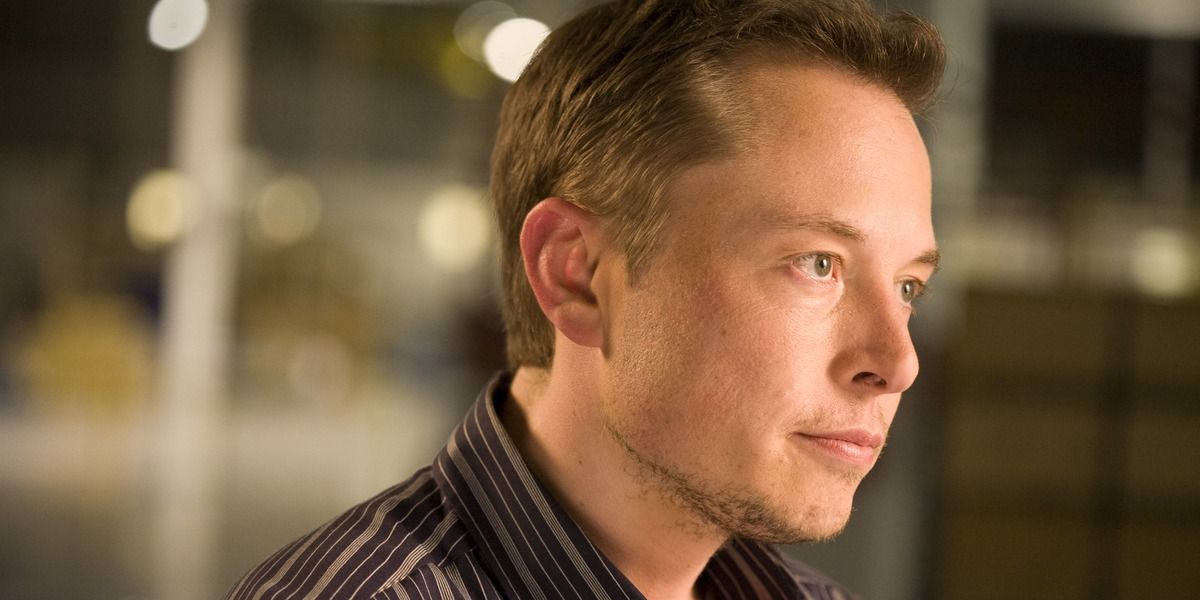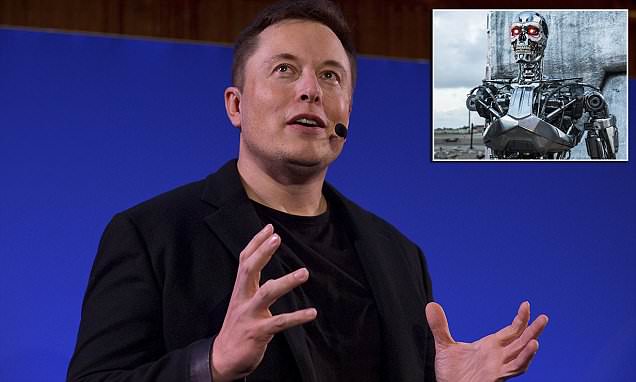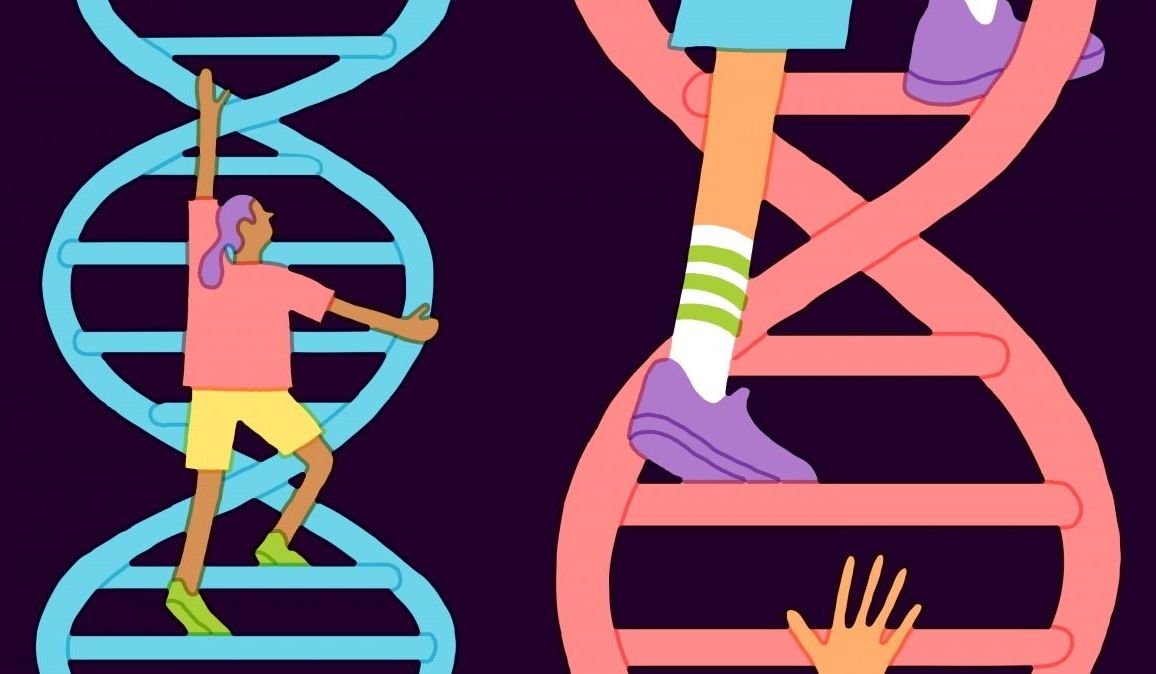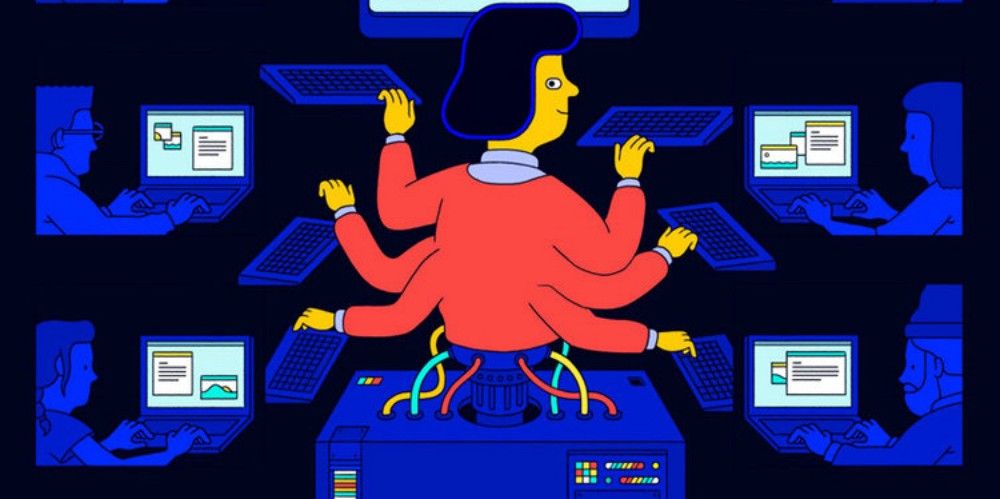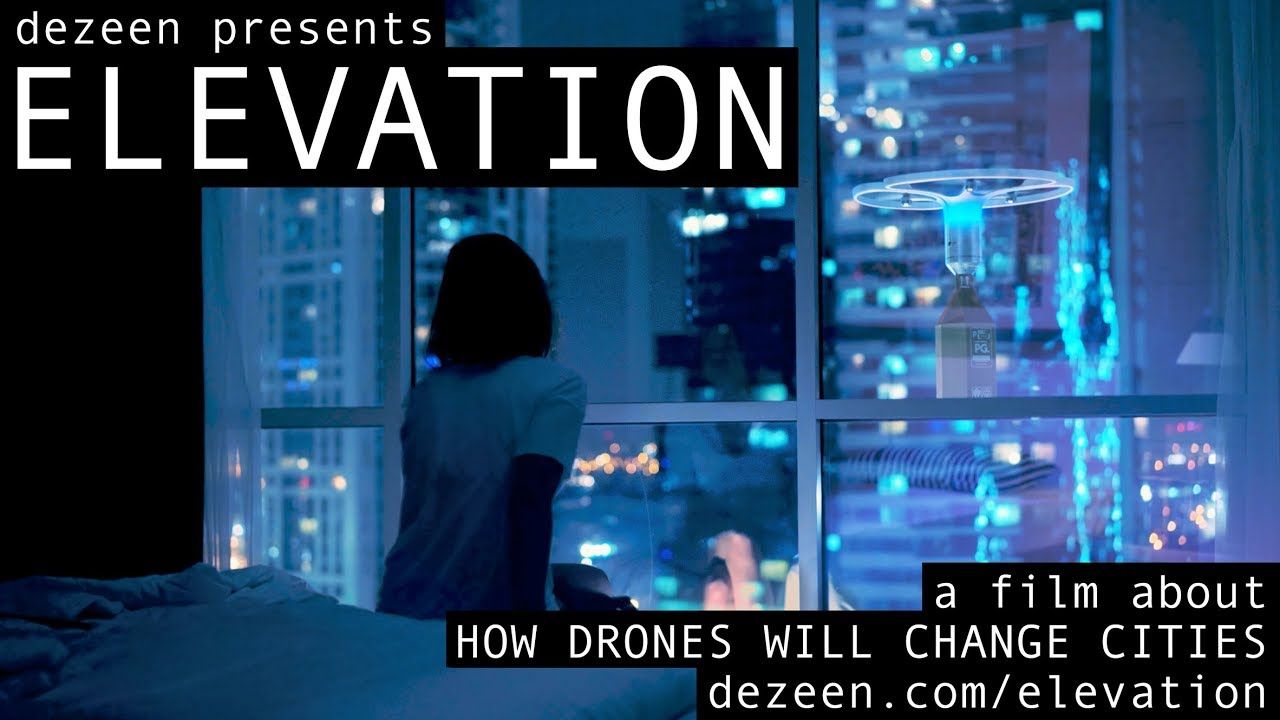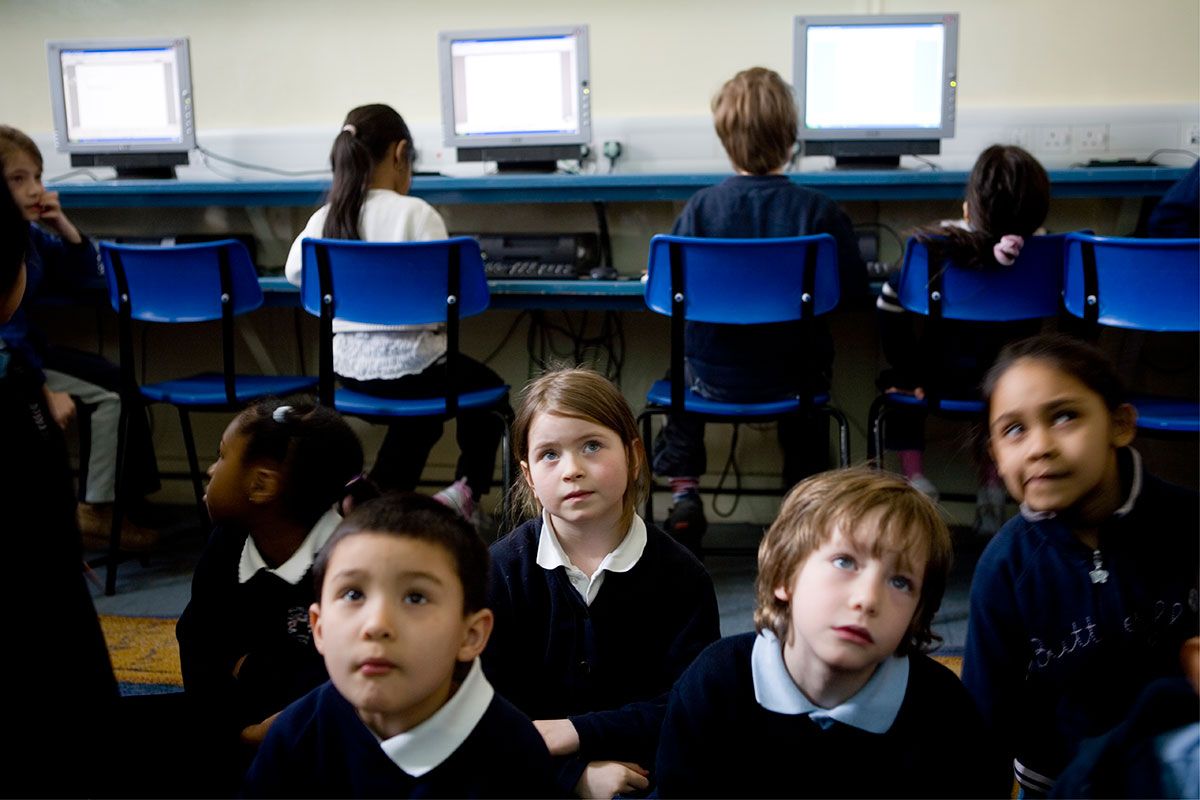
A team of researchers with the University of Copenhagen and the Museum für Naturkunde, Leibniz-Institut für Evolutions has come up with a new explanation regarding the difference in composition of the planets in our solar system. In their paper published in the journal Nature, they describe their study of the calcium-isotope composition of certain meteorites, Earth itself, and Mars, and use what they learned to explain how the planets could be so different. Alessandro Morbidelli with Observatoire de la Côte d’Azur in France offers a News & Views piece on the work done by the team in the same journal issue.
As Morbidelli notes, most planetary scientists agree that the planets in our solar system had similar origins as small rocks orbiting the sun, comprising the protoplanetary disk, which collided and fused, creating increasingly larger rocks that eventually became protoplanets. But from that point on, it is not clear why the planets turned out so differently. In this new effort, the researchers have come up with a new theory to explain how that happened.
The protoplanets all grew at the same rate, the group suggests, but stopped growing at different times. Those that were smaller, they continue, stopped growing sooner than those that were larger. During this time, they further suggest, material was constantly being added to the disk. Early on it, it appears that the composition of the material was different from the material that came later, which explains why the rocky planets we see today have such differences in composition.
Read more


